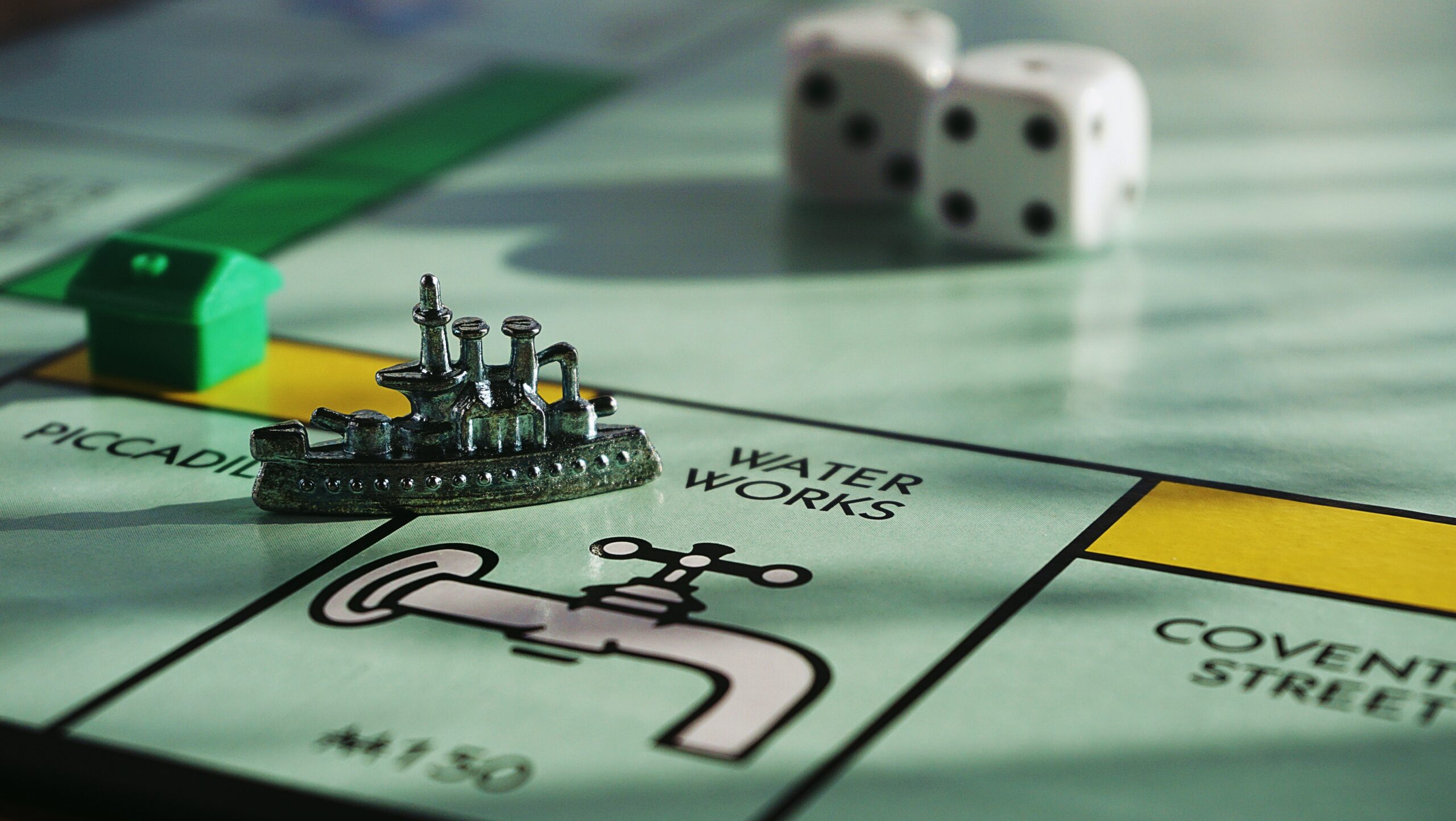Having gotten into real estate as a self-managing single-family investor, many interested in this route into real estate have contacted me for information on how to get started. I recommend that you check out my article about self-managing vs. using property management to weigh the pros and cons and determine which fit is best for you. However, when one chooses to self-manage, the advice that I provide typically goes back to systems and how important they are to have as early as possible.I will preface the below suggestions by stating that it is very essential to have your own plan. Without a plan that works for your life, available time and other commitments, you can get burned out quickly and never want to invest in real estate again, even while you know that most of the world’s wealthy have some sort of their wealth created from real estate.Let’s visit these 3 important systems.
Communications – When and How
If you do not want your tenants calling your cell phone at 3am about a light bulb that needs replacement, pay attention. Set your expectations for how and when you and your tenants communicate early and formalize those expectations within the terms of the lease. For example, for my rentals, I request that requests or notifications of maintenance needs are documented and formalized in an email. I am not rigid, and allow for flexibility on occasion, but by setting these expectations, my tenants know how to communicate and the appropriate channels.This is very important to establish early so that you are not repetitively frustrated with something that can be resolved in a simple and early conversation. To ensure understanding, during the time of signing the lease, ensure to discuss these expectations as you review the lease with your tenants.
Rental Collection – Cozy
We are now two decades into the new millennium. If you think you are going to collect your rent in cash payments by knocking on doors, please think again. Not only is this inefficient but it is potentially dangerous. Unless your tenants are unlikely to have access to the internet, it is advisable to set up an automated rent payment system that collects the rent for you.In my case, I have used Cozy for the last two years. It is simple and free to set up and I have written into my lease that the use of this process will apply. The system capabilities allow for automatic late fees (if you choose to set up) and tracking of payment history.(I also use cozy to market my properties in the pre-leasing stage as well as manage maintenance requests. More on that in another post).
Maintenance – Go-To Handyman
Personally, after rehabbing my first rental in 2019, I committed to never enter a unit to do the repairs myself, even if it is a simple fix. Why?1) Boundaries: by not being the one to go into the unit, I have not set the precedent for a personal relationship and “go-to” handy-man for repairs. If I were to do so, it may open doors to other compromises to the way that I intend to operate my business, which leads me to the next point.2) Skillset: I learned that repairs an construction is not my passion nor the best use of my time. Even if the repair is a simple fix that I am confident that I can do, I leverage others to do the work. Their talents and passions better align and the low labor rate of a handyman makes them a benefit to me while benefiting their business with continued work. This arrangement allows me to work on my business and not in it.
Hopefully, you are seeing the pattern of my perspective on self-managing: Work on your business, not in your business. It is critical to create effective systems to keep you leveraged and efficient without immersing yourself in the tedious, headache-ridden tasks that tend to burn out traditional landlords. After all, consider yourself a business operator, not a landlord. The above 3 systems are what keeps me away from the trap that many would-be business owners and investors set for themselves to be busy and exhausted landlords. Follow these systems and you will never have one of the real estate horror stories become your own personal experience.
